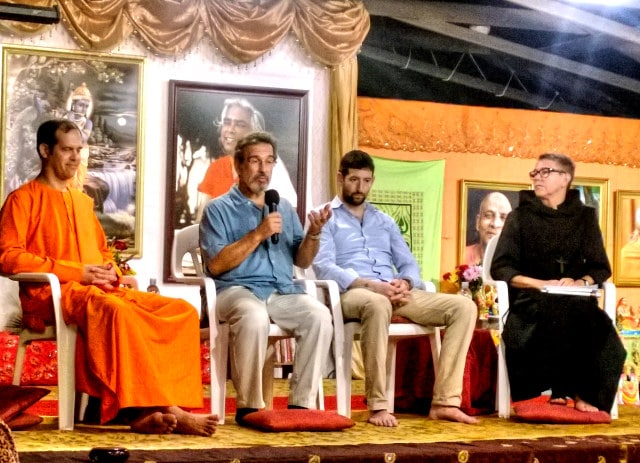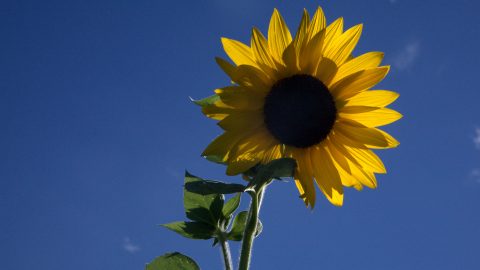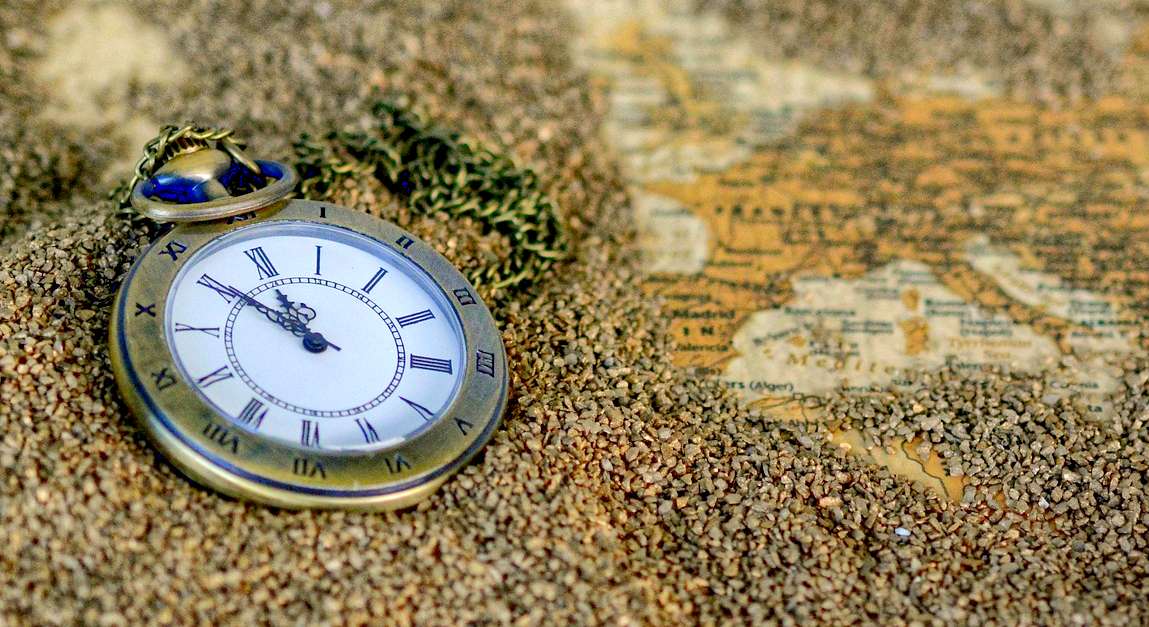I had the good fortune of teaching a symposium on the theme of GRATITUDE at the Sivananda Yoga Center in the Bahamas during Thanksgiving week. It’s an extraordinary place with palm trees, delicious food, daily yoga classes and a great community. On Saturday night I was on a panel consisting of (left to right) Swami Brahmananda, me (with microphone), David Vago (a neuroscientist) and Sister Greta Roningen (a Benedictine nun). We spoke to an audience of about 200 people.
We each had to select one teaching we wanted to share with the community as Thanksgiving week came to a close. I selected an exercise I call “Waking Up” based on an essay in my newest book (Question Your Life). It’s a challenging exercise because it requires you to catch yourself the moment you are aware that you are awake in bed. You then become very conscious of the energy you are using to launch your day. Many of us begin the day with a dialogue that is a mental mix of complaining about how little sleep we got and worrying about the list of tasks and projects that we’ll have to face once the day begins. So we end up launching the day on a foundation of anxiety and complaints.
In the waking up exercise, you immediately bring your attention to the present moment and begin reflecting on the way you are supported in that very moment (a comfy bed, a pillow and blanket, working fingers and toes, oxygen to breathe, perhaps silence or sunlight). So we get out of bed with a different mindset and a different type of internal energy.
One of my panelmates was David Vago, a neuroscientist who studies the impact of meditation on the brain (Vanderbilt University). There’s very convincing evidence at this point that we rewire our brains based on what we pay attention to and what we do, including the practice of meditation. This process is often referred to as neuroplasticity. The night before, David offered a detailed discussion of the connection between brain structure, gratitude and meditation. Contemplative practices don’t just influence our attitude and relationships. They influence the way our brain works and how it evolves over time.
So I would encourage you to use first moments of morning awareness as a time for reflection and practice. The impact of your conscious awareness may impact on you throughout the day.
“How we begin a day affects how we will live that day. Many of us begin the day in a rather mechanical way – jarred into motion by the ring of an alarm clock or the sound of coffee dripping. We have set the time to begin, or so we believe, and thus we take the possibility of each new day for granted.”
– Mary Jo Leddy
Tags: gratitude Mindfulness naikan Neuroscience












